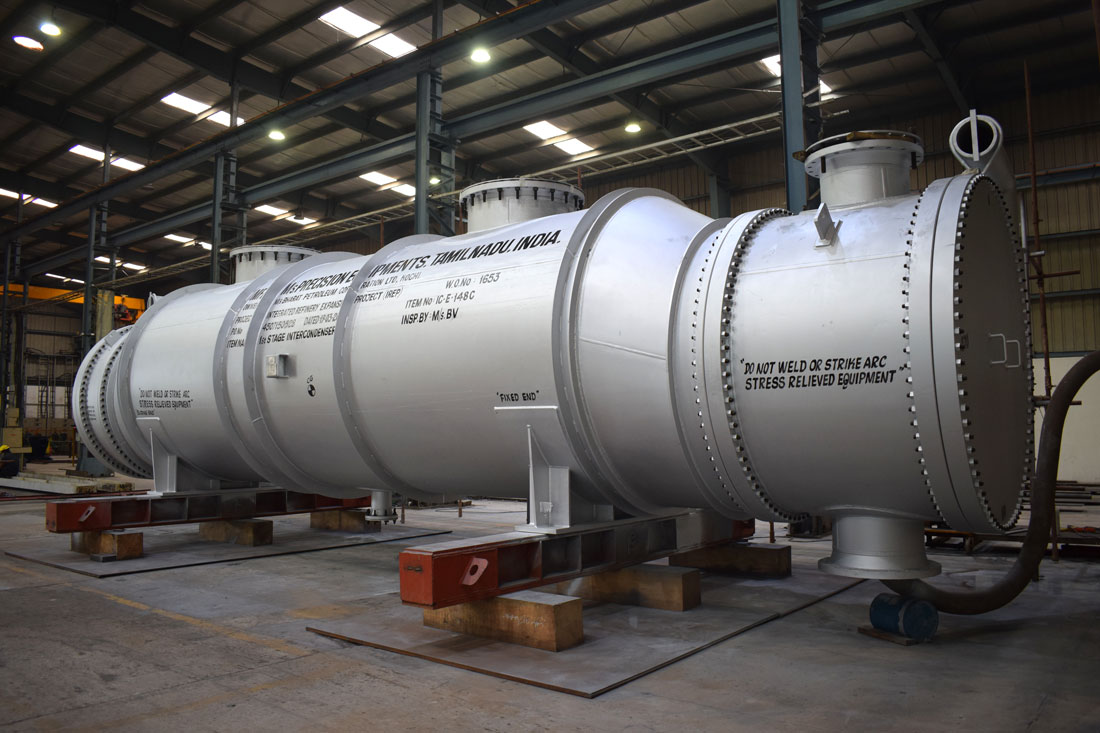
By Vijayaraghavan Chakravarthy, President (Sales & Marketing) Americas and Ganesh Prasad, Technical Sales – Precision Equipments
The modern world is moving its focus towards the green energy transition as well as complete decarbonization. As an important intermediate step in achieving that goal, biofuels provide an economical alternative. In developing countries like India, the demand for energy is rapidly growing and dependence on fossil fuel has become a great challenge.
To overcome this challenge and to contribute towards the national objective of the energy transition, the Government of India is encouraging production of biofuels targeting self-sufficiency in energy and reducing conventional fossil fuel consumption.
Ethanol is the most common biofuel that can be used as a fuel directly or blended with fossil fuels which will reduce emissions as well as the dependency on fossil fuels. Ethanol has a higher octane number compared to that of gasoline/petrol and burns completely inside the engine cylinder contributing towards lower emissions.
According to the expert committee on the road map of ethanol blending in India, the target is to achieve 20% ethanol blending by 2025. By this objective the country can save approximately 4 billion USD of foreign exchange per year with contribution to energy security, lower carbon emissions, better air quality, self-reliance, use of damaged food grains and increasing farmer’s income.
Bamboo for biofuel
Bamboo as a feed stock for bio-ethanol production is interesting due to the relatively high growth rate, the resource abundance in India, and sustainable availability for a continuous production process. The process of ethanol production from bamboo feedstock is explained in the chart below. This technology depends on the utilization of a novel sulfur-free bio-solvent which is a closed loop cycle of bio-solvent and water, preventing the wastage. As the bio-solvent is totally recoverable and the cycle requires a low degree of chemical input, this process is excellent in terms of cost savings with higher sustainability.
The major benefits of bio-ethanol derived from Bamboo as a feedstock are listed below:
a. Reduces CO2 emissions, thus contributing towards global decarbonization goals.
b. Byproducts of ethanol production are bio-chemicals which will reduce environmental impact.
c. In comparison with fossil fuels, bio-ethanol production involves fewer chemical processes and generates more energy.
d. This process is not food-based and will therefore not have an impact on human habitation.
e. Apart from fuel, sustainable textile fiber can also be produced which can support the rising demand for textile raw materials.
About this Technical Story
This Technical Story was first published in Heat Exchanger World Magazine. To read more Technical Stories and many other articles, subscribe to our print magazine.
Technical Stories are regularly shared with our Heat Exchanger World community. Join us and share your own Technical Story on Heat Exchanger World online and in print.

